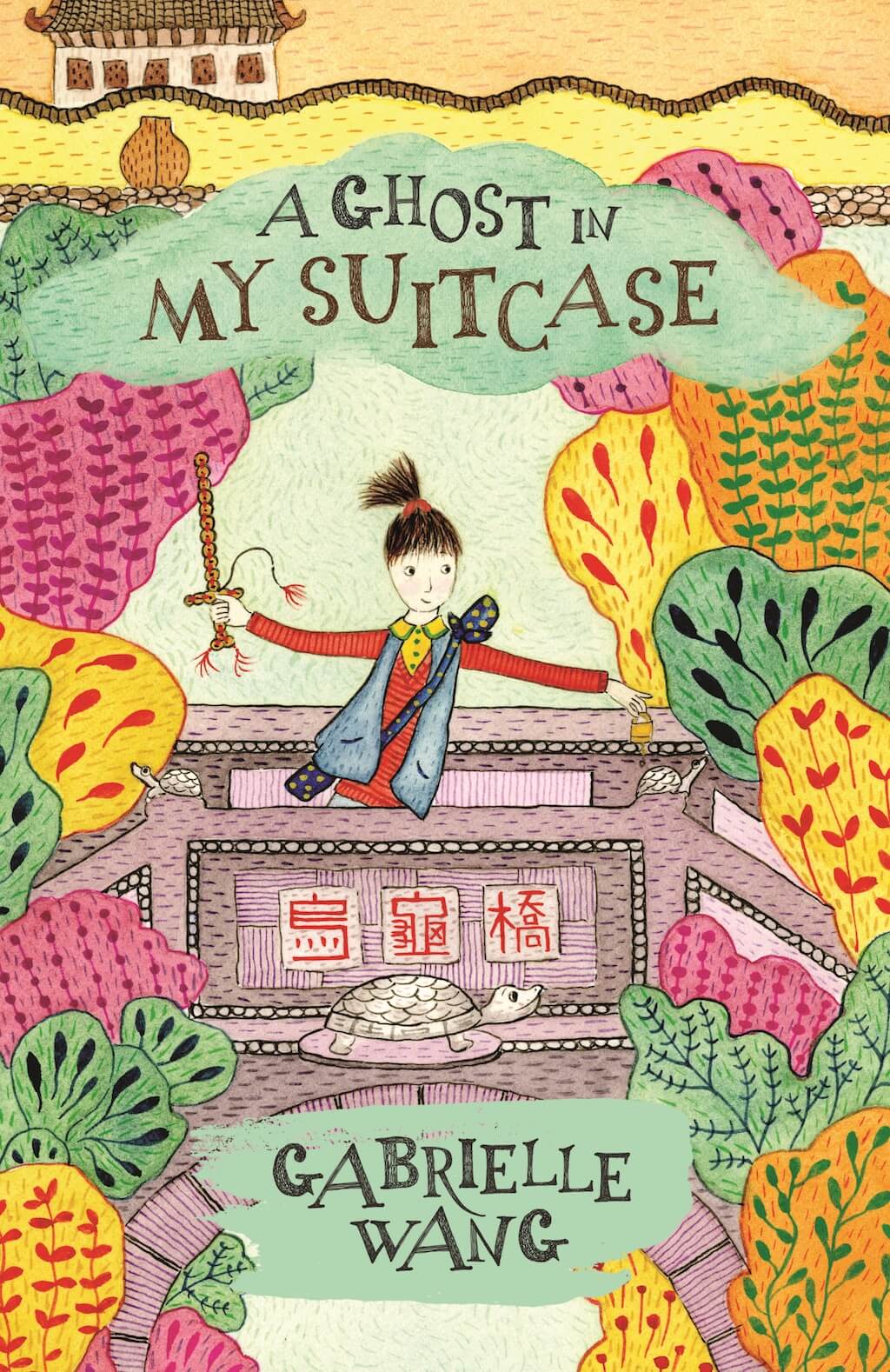I got this book from my best friend who visited Singapore. This was a present from her and I read it quickly. In this book, Celeste, the protagonist, goes to Shanghai to visit her grandmother just after her mother has passed away. In the book, she finds out that she’s so much more than a sad little girl. I’m glad that there are books that feature female Chinese protagonists and I will always support Asian authors doing good work, but I don’t like this book.
Here’s why:
Spoilers below, read at your own risk.
Celeste’s journey to Shanghai is not full of culture shock, which I find rather strange. Although she is Chinese, she grew up in Australia. Coming to China to see her grandmother (Por Por, as she’s called in Chinese) should open her eyes to Chinese culture, but she seems to accept everything as normal. She accepts the food, what the city looks like, and so on. She can even speak Chinese fluently, which I find rather strange. Normally, most children of immigrants cannot speak their Mother Tongue properly, but I was willing to give the writer the benefit of the doubt. Nonetheless, it’s as though she’s a citizen of China, which I find strange.
What’s more, everything comes easily to her. Like I mentioned, she’s automatically fluent in Chinese and is able to converse. She also finds out that she’s a ghost hunter and that ghost hunting somehow comes easily to her. She remembers what to do easily and has no difficulty learning at all. Her foil, Ting Ting, has had to learn how to hunt a ghost for four years and yet this comes easily to her. Moreover, Celeste also beats Ting Ting at Weiqi (Go), despite saying that she only knew a little bit. It also felt that the author orchestrated moments for Celeste to shine by having her subdue a ghost who spoke French because she was half French.
All of the family’s mysteries are spoonfed to her by her grandmother. While I understand that part of her journey was knowing parts of her family history and family secrets, I wished that there were more moments for her to use her smarts to put two and two together to figure stuff out instead of her grandmother telling her her family history or what to do all the time. This minimises the kind of agency that she has in the story and it’s not fun to read.
I also would have liked to see some semblance of a magic system, but because all of the magic comes to her easily and that her magical singing somehow helps trap ghosts, there isn’t much to dive into. Diana Wynne Jones is able to write a very plausible, believable magical system without bogging down the reader with a manual. This book had so much potential to delve into ghost hunting and create a fun magic system based on Chinese culture, but it fell short too.
Lastly, the character doesn’t really grow. She goes from grieving to “not sad anymore because I’m a ghost hunter”. At the end of the book, I get the idea that she’s more in touch with her culture and that makes her happy, but the distraction of being a ghost hunter makes her feel better. Grief doesn’t work that way but I suppose the writer was going for Celeste being more in touch with her culture and feeling closer to her mother, but that didn’t come through.
Although I didn’t like this book, there were some turns of phrases that showed that Gabrielle Wang is a good writer. I’d still read the rest of her books to see where and how she shines.

Agree 100% with this review. I am not a fan of GW’s books. Too simplistic.